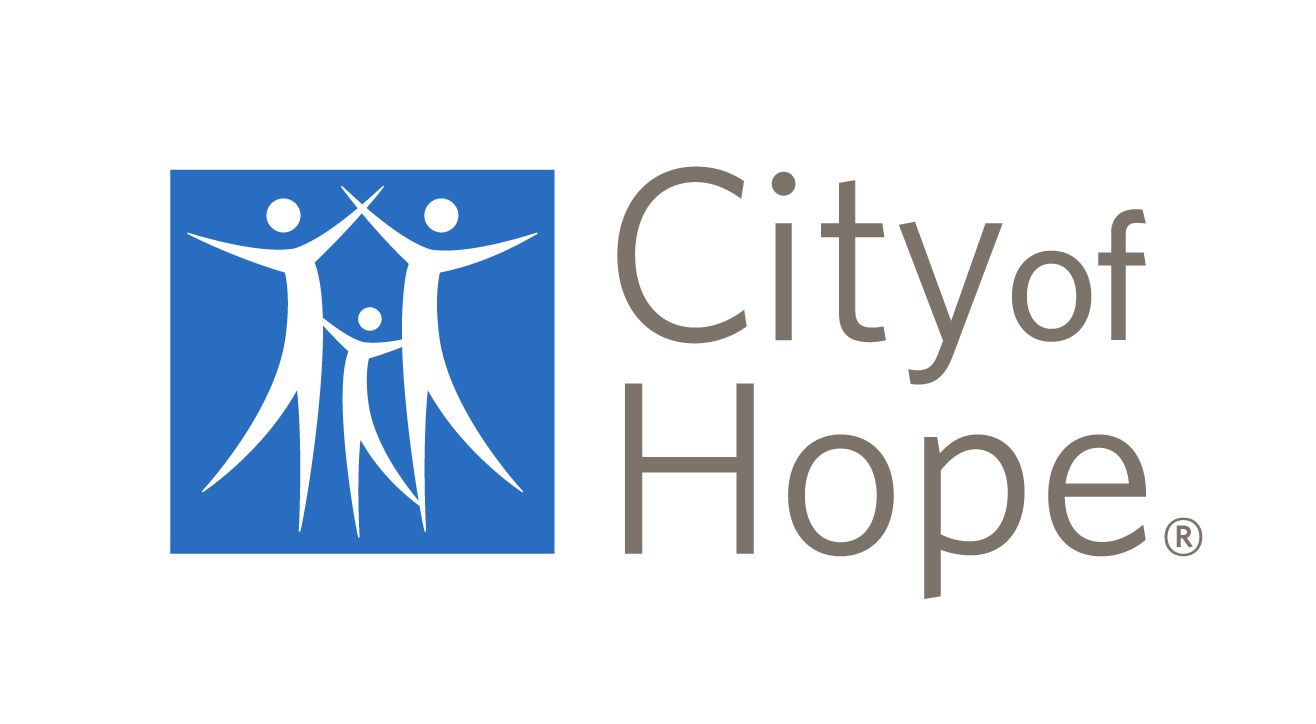- Advertise
- About OncLive
- Editorial Board
- MJH Life Sciences brands
- Contact Us
- Privacy
- Terms & Conditions
- Do Not Sell My Information
2 Clarke Drive
Suite 100
Cranbury, NJ 08512
© 2025 MJH Life Sciences™ and OncLive - Clinical Oncology News, Cancer Expert Insights. All rights reserved.
Dr. Fakih Discusses the Utility of Immunoscore in CRC
Marwan Fakih, MD, professor, Department of Medical Oncology and Therapeutics Research, associate director for Clinical Investigations, Comprehensive Cancer Center, medical director, Judy and Bernard Briskin Center for Clinical Research, co-director, Gastrointestinal Cancer Program, and section head, Gastrointestinal Medical Oncology, City of Hope, discusses the clinical utility of the Immunoscore in patients with colorectal cancer.
Marwan Fakih, MD, professor, Department of Medical Oncology and Therapeutics Research, associate director for Clinical Investigations, Comprehensive Cancer Center, medical director, Judy and Bernard Briskin Center for Clinical Research, co-director, Gastrointestinal Cancer Program, and section head, Gastrointestinal Medical Oncology, City of Hope, discusses the clinical utility of the Immunoscore in patients with colorectal cancer (CRC).
At the 2019 Gastrointestinal Cancers Symposium, Jérôme Galon, PhD, of the Laboratory of Integrative Cancer Immunology, provided updates on the diagnostic assay Immunoscore and its utility in CRC, says Fakih. The study focused on patients with high-risk stage II disease and examined those with a high immunoscore.
A high immunoscore was indicative of a higher likelihood of immune response, he explains. The patients with clinically high-risk stage II disease who had a high immunoscore had a good prognosis, even without systemic chemotherapy. Based on these findings, Fakih says it is perfectly acceptable to profile these patients with stage II disease and a high immunoscore to determine whether or not observation is acceptable.
Related Content:





